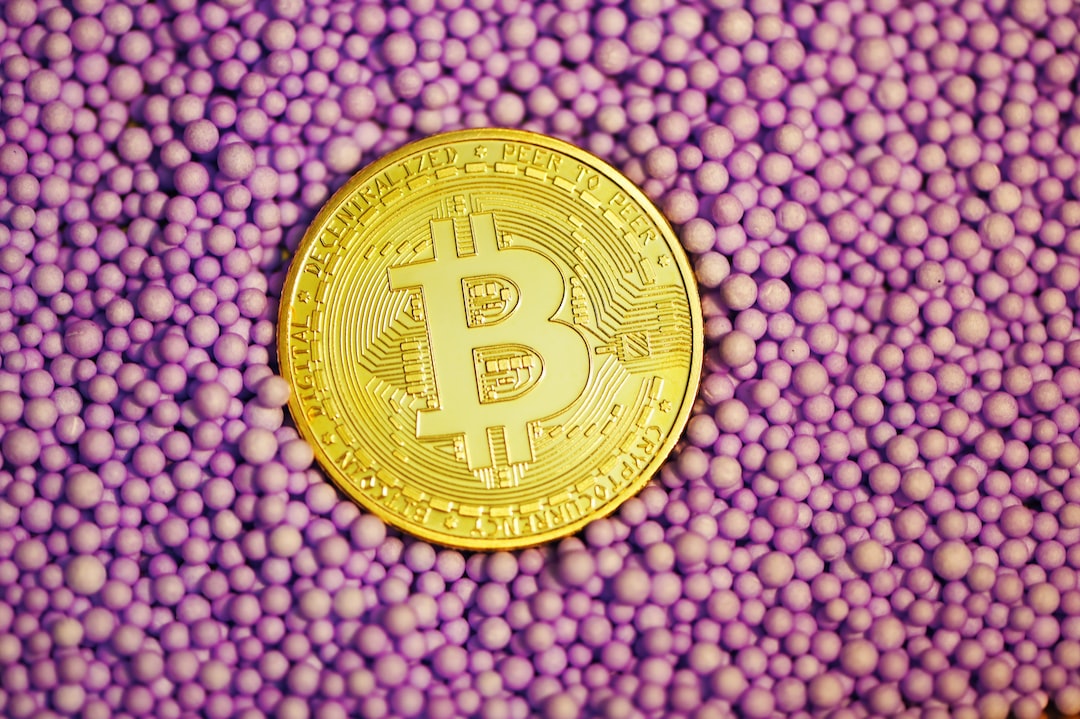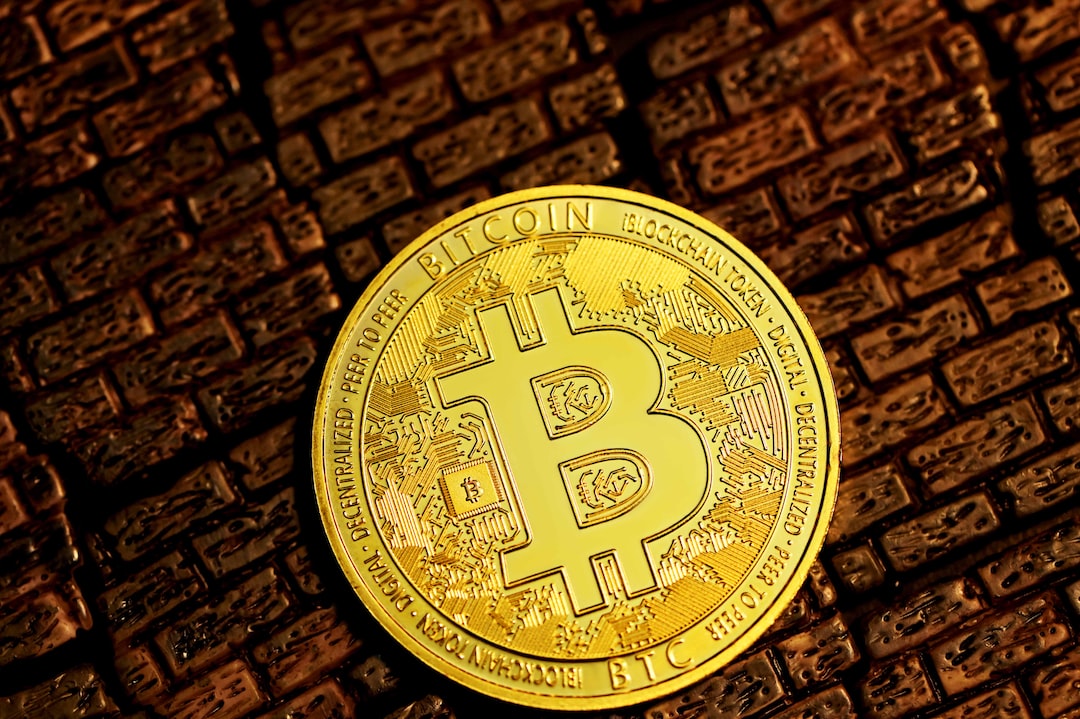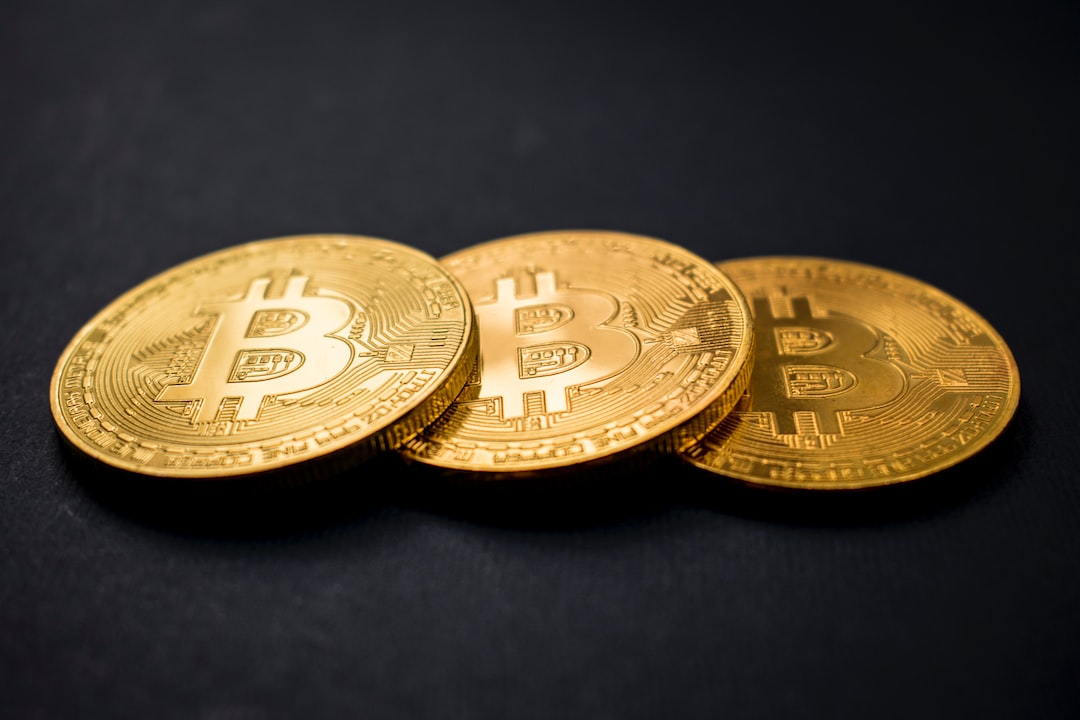The SEC Files Motion to Certify Interlocutory Appeal in Ripple Case
The United States Securities and Exchange Commission (SEC) has filed a motion to certify an interlocutory appeal in its legal battle against Ripple Labs and its executives. The motion requests certification for two key holdings in the court’s summary judgment order. The first ruling concerns Ripple’s “Programmatic” offers and sales of XRP, while the second ruling involves Ripple’s “Other Distributions” of XRP as a form of payment for services. The SEC argues that an immediate appeal is warranted due to controlling legal issues and substantial grounds for a difference of opinion. The outcome of this case could have significant implications for the crypto industry.
Key Points:
- The SEC seeks to appeal the court’s determination that Ripple’s offers and sales of XRP could not reasonably lead investors to expect profits from the efforts of others.
- The SEC also seeks to appeal the court’s determination that Ripple’s “Other Distributions” of XRP did not meet the legal definition of an “investment of money.”
- An immediate appeal is warranted due to controlling legal issues and substantial grounds for a difference of opinion.
- The SEC cites a recent disagreement by another court in the same district regarding Programmatic Sales as a reason for the appeal.
- If the appeal is granted, it would save time and resources by allowing the court to assess appropriate remedies in a single proceeding.
Legal Expert Clarifies SEC’s Filing
Legal expert Jeremy Hogan clarifies that the SEC’s motion is not an appeal but a “non-appeal motion.” It requests the court’s permission to file an appeal and seeks certification for two specific holdings in its summary judgment order. This distinction is important for the ongoing litigation. An appeal, if granted, would involve a review by a higher court, while the current motion focuses on obtaining permission to appeal.
Hot Take
The outcome of the SEC vs. Ripple case could provide much-needed clarity on the regulatory treatment of digital assets. It has the potential to have far-reaching implications for the crypto industry, impacting pending cases involving crypto assets offered on trading platforms and cases where assets have been distributed for non-cash labor and services. The appeal, if granted, would streamline the litigation process and save time and resources for all parties involved.





 By
By
 By
By
 By
By

 By
By
 By
By